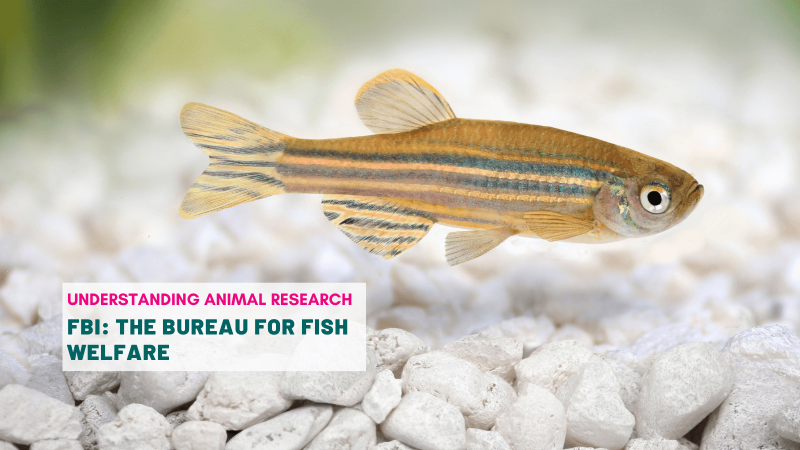
Sometimes lifesaving breakthroughs come in the most unlikely forms. The Ig Nobel prizes, which are awarded every year to "honour achievements that first make people laugh, and then make them think", are a reminder that even the most unusual or laughable scientific discoveries can have deep impacts. This year is a particularly poignant example.
The 2024 physiological Ig Nobel Prize was awarded to Japanese and American researchers that were trying to solve a crucial – seemingly silly – question: can mammals breathe out of their anuses ?
It turns out they can –as can some fish such as loach – and the implications are huge.
After a series of tests in mice, rats and pigs using an intrarectal ventilation system, called EVA (Enteral Ventilation via Anus) the scientists found that the animals can breathe through their anus in extreme situations. Their results were published in the journal Cell. They showed that mammals can absorb oxygen into their bloodstream when it is delivered via their rectum, thus supporting normal breathing. This process improves survival and oxygen levels in preclinical models of respiratory failure, opening the possibility of using the intestine as a respiratory organ in intensive care when mechanical ventilation is insufficient.
In the midst of the Covid pandemic, the researchers naturally became interested in whether humans with breathing difficulties might benefit from having oxygen supplied anally. Writing in the journal Med in 2021, they described how “enteral ventilation” offered “a new paradigm” to help patients in respiratory failure. Their finding potentially offers an alternative method to support breathing in critically ill patients if ventilator and artificial lung supplies run low, as they did during the Covid-19 pandemic.
Although this type of breathing wouldn’t be enough to support life on its own, the researchers are running a phase 1 trial in human volunteers, to explore the potential of this new and unusual procedure to alleviate respiratory failure.
This is a powerful demonstration of how animal studies can eventually lead to the most unlikely breakthroughs and lifesaving procedures.
Last edited: 22 October 2025 13:10



